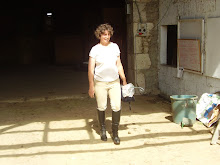In order to make information about TPRS and workshops in Europe readily available, I've created a new site:
http://tprswitch.jimdo.com/
I will continue to post articles here and my talented daughter will create a link from the new site to this blog, so that readers can go from one to the other.
Let me know what you think.
